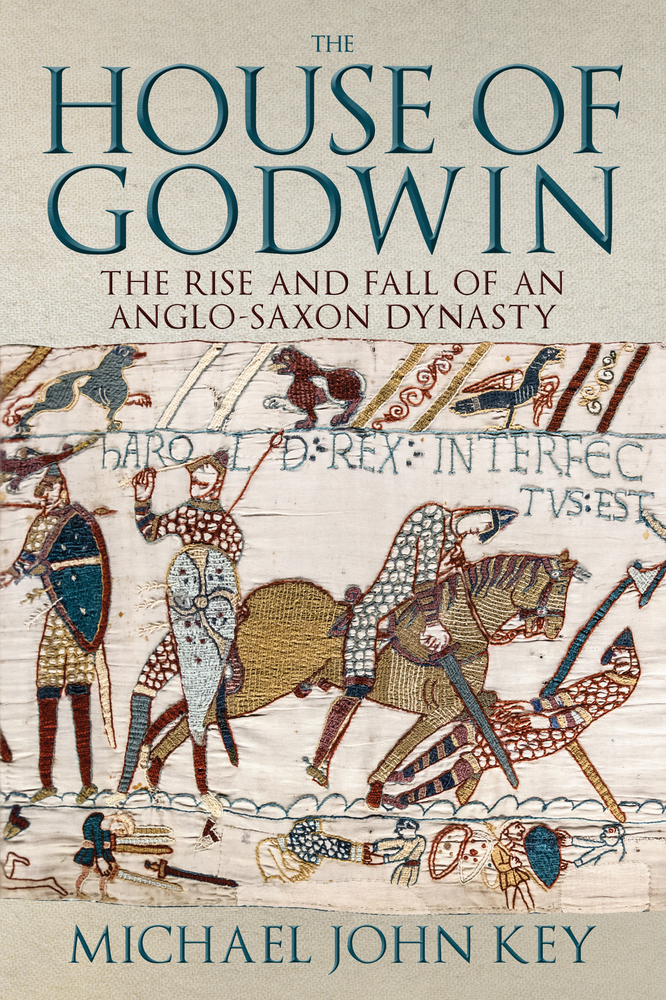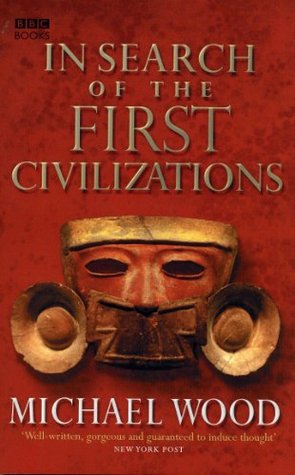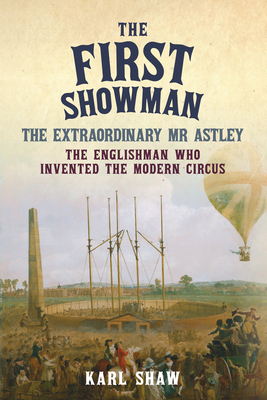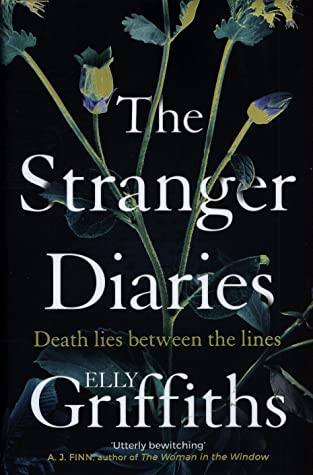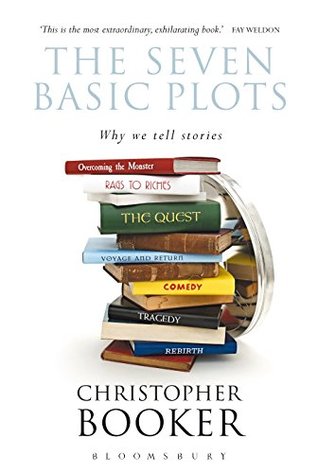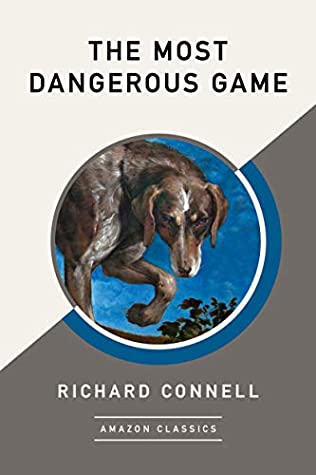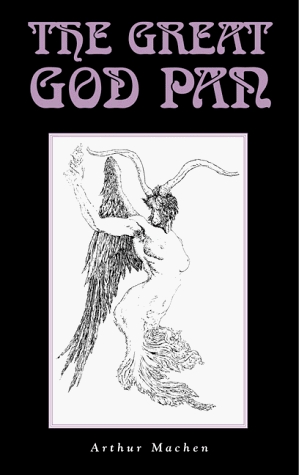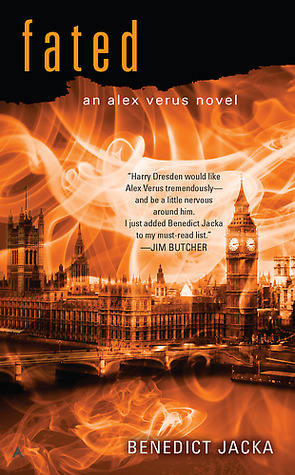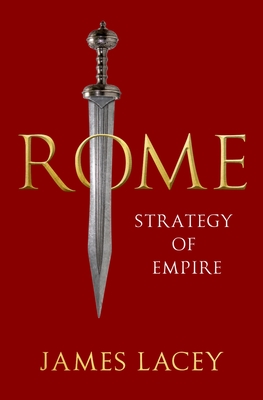
In 1976, Edward Luttwak published The Grand Strategy of the Roman Empire in which he argued that the Romans did indeed have a grand strategy. The book caused a sensation, not least for the fact that Luttwak was not a historian but rather an American military strategist and, for a time, a consultant to Ronald Reagan’s administration. While admitting its historical sweep, professional historians rushed to debunk the book and, in general, they seem to have succeeded. The consensus among Roman historians today is that Rome worked on an ad hoc basis, with individual emperors responding to crises as they arose. The view is that the Empire lacked the ongoing central command necessary for a grand strategy, as well as not having a clear view of frontiers nor any way to map them in order to conduct an overall strategy.
James Lacey, another working military strategist, enters the debate with Rome: Strategy of Empire and makes a robust case for Luttwak’s overall thesis: the Romans did indeed have a grand strategy and they were more than able to adapt their policies accordingly. Lacey answers the critics, who point out that there is a dearth of Roman historical sources detailing strategic thinking, by looking at the facts on the ground: in particular, the Empire’s unparalleled ability to field, feed and focus huge armies throughout the breadth of the Empire. Lacey also argues that for the emperor, maps were unimportant because what he needed to know was where a crisis was, which was the nearest legion and how long it would take the legion to get there. Roman itineraries, which allowed generals to estimate accurately how long it would take them to get to crisis points, would, Lacey says, have furnished the required information better than any map. What was more, the Mediterranean and the key frontier rivers, the Rhine and the Danube, allowed the Romans to deploy armies far more quickly than their enemies through their use of maritime or riverine resupply.
Rome: Strategy of Empire begins with the reign of Augustus and ends with the fall of the Western Empire, providing an overview of the interplay between the Roman economy and Roman strategy. However, it suffers, as does Luttwak’s original, from not considering in any detail the strategy of the Roman Republic, which actually conquered most of the territory that the later Empire sought to protect and consolidate.
Lacey had the experience of decades in the military before becoming an academic military strategist and this allows him to apply practical knowledge to all aspects of military operations but in particular the crucial importance of logistics. When we compare the huge armies – in the tens of thousands – regularly fielded by the Romans to the armies of the early Medieval period which, in Britain, could number as few as 35 men, we can clearly see the strength of Roman logistical efforts.
In Rome: Strategy of Empire Lacey seeks to overturn the established academic consensus. With battle rejoined, it will be fascinating to read their response. But one thing is sure: once this book is published the strategy of the Roman Empire will once again be a hot topic among historians.
